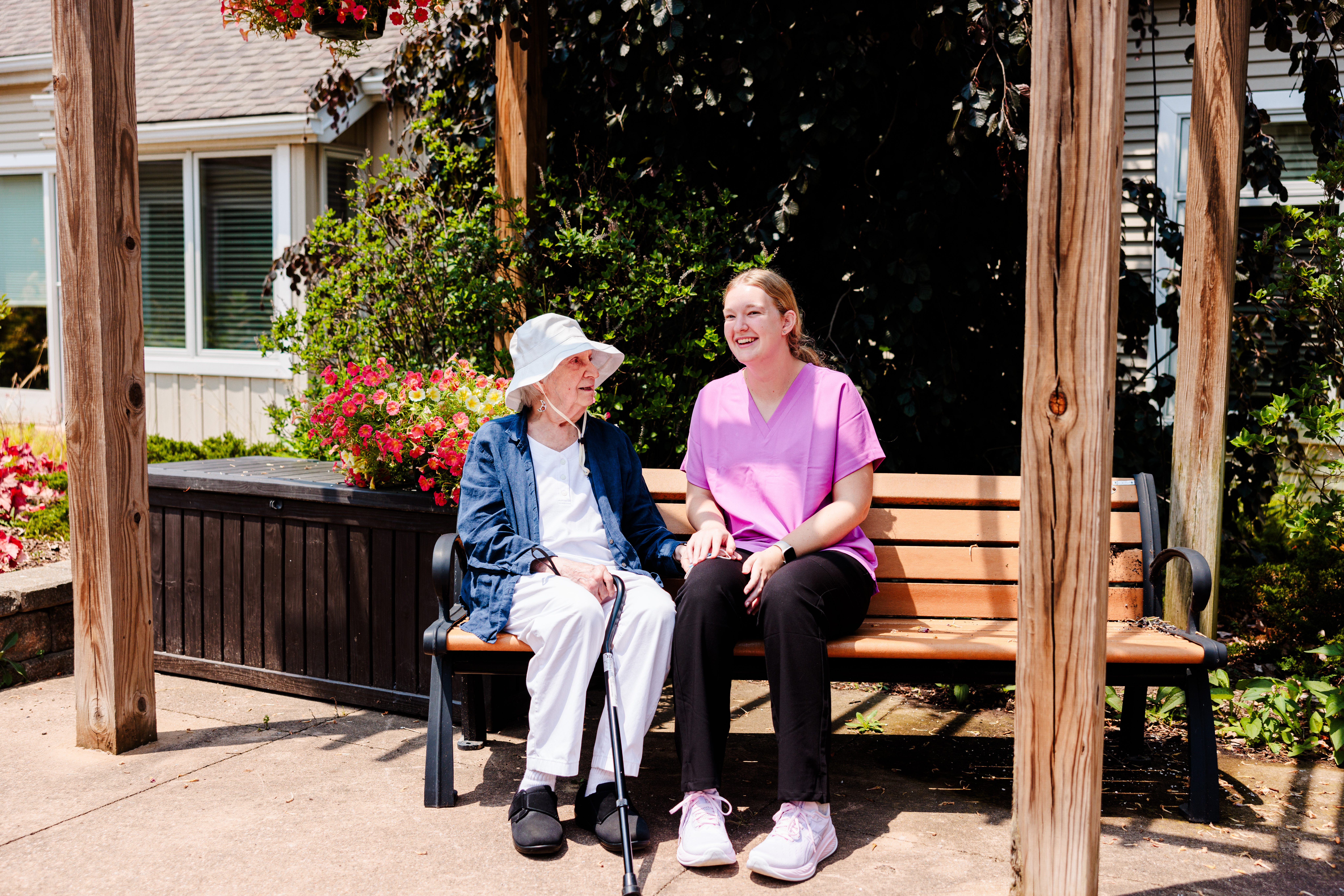Best Doctors: 5 Self-Care Tips
by Brittany Moseley | Aug. 2, 2018 | 12:00 PM

Many times our own mental health is something pushed down on the list of our priorities. Kids, work, spouses, friends and family all climb their way to the top while we don’t stop and focus on what makes us happy. But we should constantly check in with ourselves on how we’re feeling and then adjust accordingly. Use these five strategies to help make yourself and your mental health No. 1.
Exercise, eat, sleep, repeat. There was a time when people viewed the mind and body as separate entities. “That couldn’t be more wrong,” says Dr. Susan Stagno, University Hospitals’ director of education in the department of psychiatry. “Physical health affects mental health, and mental health affects physical health.” Sleeping approximately seven hours per night and exercising at least 2 1/2 hours per week boosts your mood, energy and overall mental health. Dr. Lilian Gonsalves, a staff psychiatrist at the Cleveland Clinic, recommends a Mediterranean diet that is low in meat consumption, moderate in alcohol intake and rich in fruit, vegetables, fish and eggs.
Learn to say no. Every time you say yes to something, you’re saying no to something else — often to yourself. “Then you become resentful and you wonder who’s meeting your needs,” says Gonsalves. Learning how to set limits is a vital part of self-care. If you’re struggling with a decision, ask yourself a simple question: What price am I paying by saying yes? “Whether it’s at work or at home, if the price is high, you change it,” she says.
Build your personal community. Finding family members and friends you can turn to for help is essential to improving your mental health. Those seeking to build personal communities often make connections through neighborhood groups and churches or synagogues. Building two-way communication with a spouse or significant other is another way to find support. “Being honest and respectful in your relationships, learning to tolerate differences with generosity and learning to compromise, which is really the hard part, is another good way [to build personal community],” says Gonsalves.
Ask for help. If you just can’t snap out of a funk, it might be something more serious. Finding a correct diagnosis is the first step to dealing with any illness — mental or physical. Not sure who to see? Start by talking to your primary care doctor. “The most common symptoms or diagnoses of depression and anxiety are managed quite well by primary care doctors,” says Stagno. “Then you can get a recommendation from them if you decide you want to move into the mental health arena.”
Talk it out. Having a good therapist is like having a great personal trainer or coach, says Gonsalves. But even the best trainer can’t give you six-pack abs if you’re not willing to do situps. Whether you’re being treated by psychotherapy or medication, which can take up to six weeks to make a noticeable change, stick with it. “Most people feel better with medications, psychotherapy or both,” she says. “They might just need a coach to help them understand what are the barriers and what can they do to overcome it if they cannot do it themselves.”
Trending
-
1
-
2
-
3
-
4
-
5










